Companies are being urged to educate drivers about ‘morning after’ drink-driving after a major fleet operator found one of its drivers was two times over the legal alcohol limit.
Speaking at the Brake Fleet Safety Conference, Martin ‘Nobby’ Clark, driver development manager at Balfour Beatty Fleet Services, said he had breathalysed an employee at a drink and drugs workshop and found he was two-times over the limit from drinking the night before.
Clark, a retired traffic police officer, was using a police breathalyser so the reading was accurate.
“The driver had had three pints and a ‘wee dram’ of whiskey the night before,” he said.
The reading was done as an exercise at the start of the workshop and Clark suggested the employee would have been at least 2.5 times over the limit when he drove to work that morning.
“The frightening thing is that it’s so easy to be over,” he said. “People think it is more difficult.
“A lot of people don’t know that 70% of all positive breath tests are the morning after the night before. In my 22 years in the police, I’d say 80% of my drink-drive arrests were the morning after the night before.
“I’ve seen grown men cry in the back of my police car when I put the handcuffs on and when they went on to tell me they had only three pints the previous evening, I’ll be honest with you, I did feel sorry for them. The ones who were having difficulty standing up, I didn’t feel sorry for them whatsoever.”
To have an employee over the limit at a workshop came as “no surprise” to Clark, although it was a surprise to the 30 drivers attending the workshop who had been “noisy prior to that” but then went “very quiet”.
The workshop took place a few years ago and Balfour Beatty has not had any incidents since.
It has a comprehensive risk management programme (as part of its commitment to Zero Harm), which includes online risk assessments, driver licence checking, classroom-based and on-the-road training, driver simulators and the fitment of safety technology such as ABS and electronic stability control.
It also routinely tests employees for drugs and alcohol and has started offering drink/drugs workshops to other fleets.
Clark believes other organisations should test their employees. “If it was up to me I would buy a police breathalyser and randomly breathalyse people in the workplace,” he said.
“You can give guides but there is no accurate way of saying how much you can drink.
“It depends on the individual. Two people could drink three pints, wait two hours, be breathalysed and get two completely different readings.”

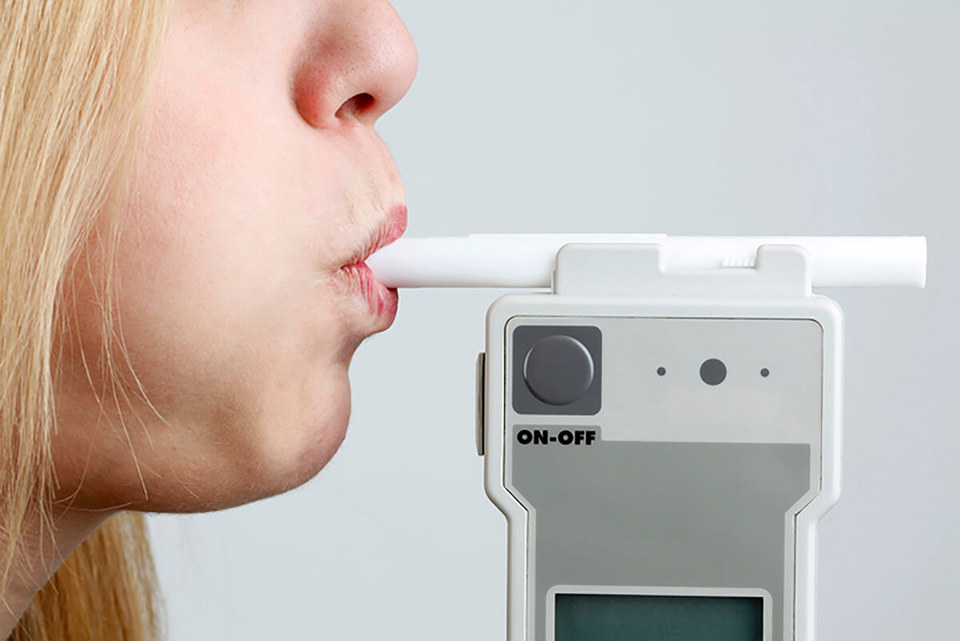

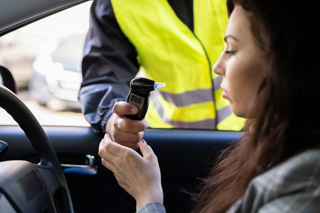
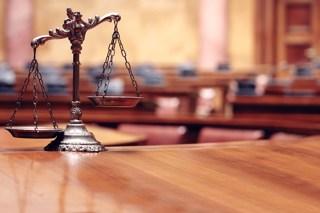
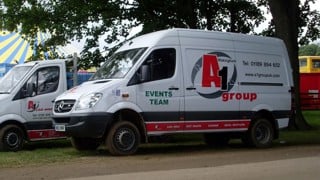
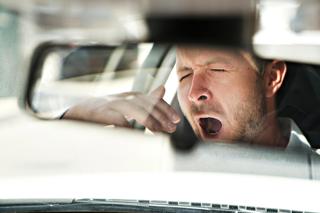













Patriot - 01/07/2014 12:11
Let me see if I understand this article: Balfour Beatty employ drivers who do not know the law on Drink Driving? Just how much more time and money is going to be spent by companies 'educating' drivers on Road Safety? Under the Health and Safety at Work Act 1974, Management of Health and Safety at Work Regulations 1999 employers have a duty to ensure the health and safety of employees and others so far as is reasonably practicable. Allowing an employee to continue working while under the influence of drugs or alcohol when this causes a risk could be an offence. Individual employees also have a duty to take reasonable care and not to put themselves or others at risk. When employees are given a copy of the relevant legislation there can be no misunderstanding.